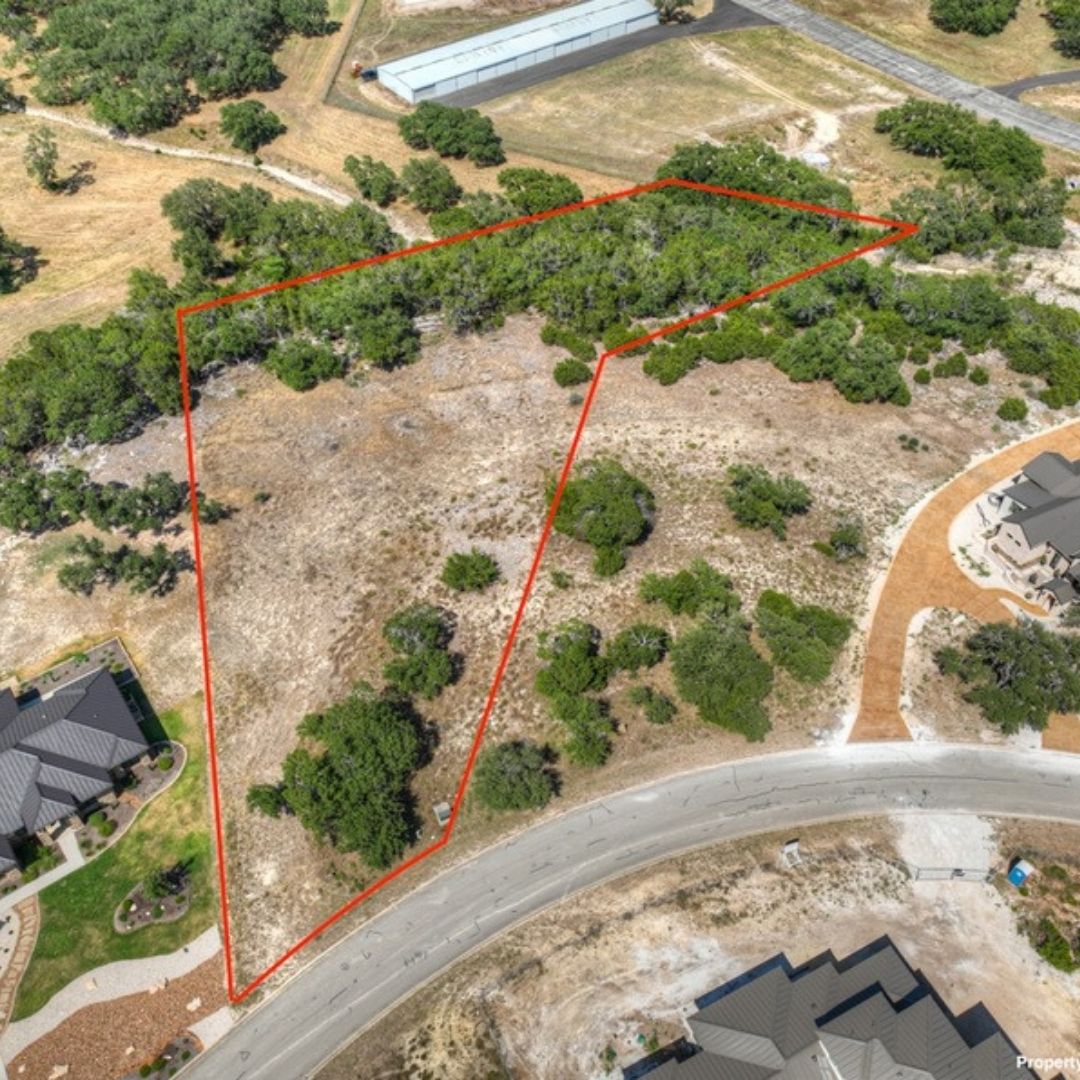Future development of the Texas Hill Country and especially Canyon Lake “must be done responsibly” to accommodate people moving into the area, Republican State Rep. Carrie Isaac said in a Jan. 30 press release outlining bills she introduced at the start of the 89th regular session of the Texas Legislature.
Isaac, who represents Comal and parts of Hays counties in District 73, wants to give the county greater land-use authority to mitigate the impact of explosive population growth and development on the area’s natural resources.
Comal is one of the fastest-growing counties in the United States.
HB 2265 specifically targets areas surrounding Canyon Lake and the Guadalupe River, warning without “adequate development regulations, the county will be developed in ways that put an undue strain on natural resources and endanger and interfere with the proper use of recreational areas of the county as places of recreation to the detriment of public health, safety, peace, morals and general welfare.”
The bill grants the county limited authority. To read the bill, click here.
Under terms of HB 2265, Comal voters would decide whether commissioners should have the right to develop a comprehensive plan for zoning regulations, including procedures for adopting and enforcing them, and identifying district boundaries.
Proposed zoning regulations would allow commissioners to regulate the height, number of stories and size of buildings and other structures; the percentage of a lot that may be occupied by buildings and structures; the size of yards, courts and other open spaces; population density; the location and use of buildings, other structures, and land for business, industrial, residential or other purposes; the placement of water and sewage facilities, parks and other public requirements; the location, design, construction, extension and size of streets and roads; and the control, storage, preservation and distribution of storm and flood water.
Greater Edwards Aquifer Alliance (GEAA) Executive Director Annalisa Peace, a longtime critic of developers whose plans threaten the Edwards Aquifer and water quality, praised Isaac for trying to manage growth in a civilized manner.
“We were particularly delighted to see HB 2265 filed as it details the authority that our fast-growing Hill Country counties desperately need to manage growth — tools that have long been denied Texas counties.”
If passed by the Texas House and Senate and signed by Republican Gov. Greg Abbott, HB 2265 would go into effect Sept. 1.
MyCanyonLake.com has reached out to Pct. 4 Commissioner Jen Crownover and will write a more in-depth article about how the proposed bill would impact Commissioners Court, county residents, homebuilders and developers.
As former president of the South Texas County Judges & Commissioners Association, she drafted a resolution in July 2024 asking Texas legislators to give county government more power to deal with the consequences of their laws.
“We desperately need our state leaders to pursue this matter in a much more urgent and meaningful manner, and my fellow judges and commissioners are working hard to be heard,” she said in an interview last year with MyCanyonLake.com.
“Without water, none of the rest of it will matter anyways, right?”
Other bills filed by Isaac in January include:
- HB 2266 — incentivizing aggregate and concrete-crushing operations to offer a reclamation plan for projects on their own property or when they contract with a landowner.
- HB 2267 t– requiring licensed aggregate production operations to establish fenceline or property-line monitors at their plants.
- HB 2268 – ending Texas Commission on Environmental Quality’s (TCEQ) ability to create certain districts like municipal utility districts (MUD) that have taxing and developing authority outside the purview of the Texas Legislature.
- HB 2269 — banning property owners’ associations from requiring homeowners to plant, install, or maintain grass or turf as part of their landscaping.
“My commitment to private property as a fundamental right for all Texans is unwavering, which means that if someone purchases land, they have the right to utilize their property as they see fit,” Isaac said. “By filing these bills, I hope to protect our precious way of life and natural resources while affording responsible growth.”





With the wildfires in LA be expecting another wave of refugees